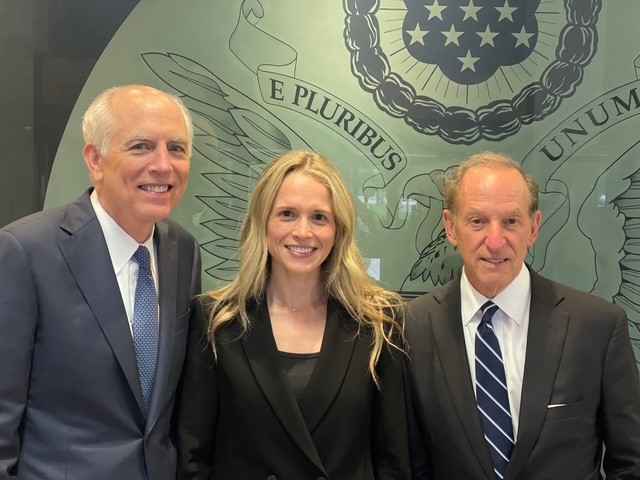Anatomy of an Acquittal — Delayed Vindication
At the very end of the series Mad Men, the yoga instructor encourages his class, which includes the show’s protagonist, Don Draper, with the following words: “A new day. New ideas. A new you.” From the perspective of the defense team at least, that’s a fitting introduction to the retrial of United States v. Hamilton, which resulted last week in an acquittal on all charges of conspiracy to commit bribery and two substantive counts of bribery. In the retrial, the government tried precisely the same case it tried four years ago. And why not? That case resulted in a conviction on three of four charges, which led to an eight-year prison sentence imposed by the district court.
